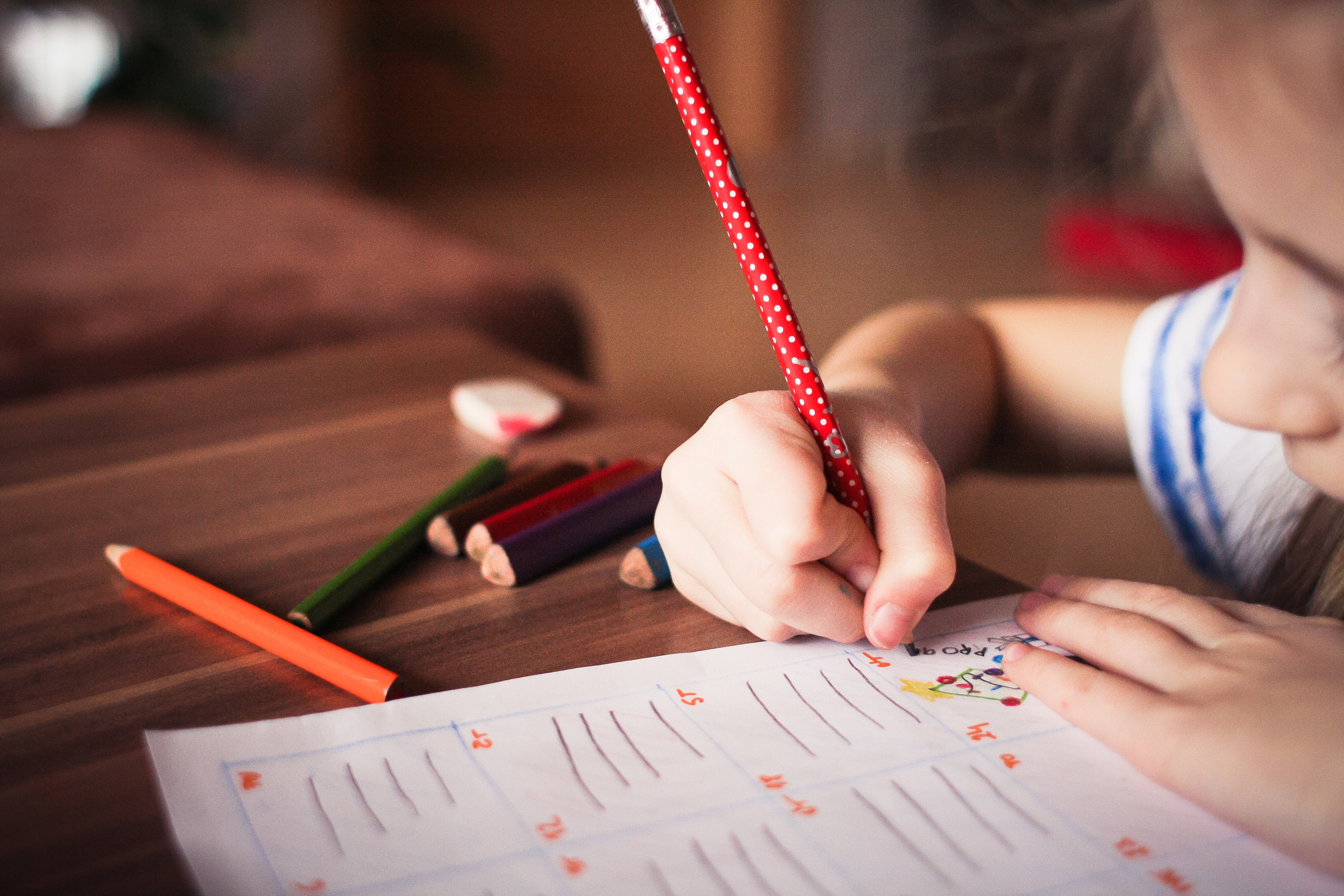Alun School
Alun School is a secondary school in Mold, Flintshire who have been involved with SHRN (the School Health Research Network) since 2015.
The school council review the SHRN generated report and scrutinise each question, identifying key headlines and areas to focus on. Alun School’s Year 7-11 tutor groups and Sixth Form council will also look at sub areas of the report, look at the highlights and focus on a few of the report results. This enables all pupils to work collectively and have an opportunity to share their thoughts on the findings on health and wellbeing in Alun School and suggest possible actions to further improve the approach.
Pupil voice is essential throughout the SHRN cycle. All pupils are encouraged to share their thoughts and then hold discussions pupil to pupil, pupil to staff, staff to staff and pupil to community adults about the data in the reports.
The school council lead the analysis of the SHRN report, where they discuss possible reasons for the findings and discover areas to celebrate or focus on. The school council also lead on producing the school’s SHRN action plan, which school staff and adults in the community also contribute to. The action plan feeds into the School Development Plan.
It is a whole school approach, which uses the principles of the Right Way. All staff, pupils and parents/carers are aware of SHRN and the roles it plays in Articles 12 and 24. Taking the Right Way approach has encouraged pupils to participate and have their say on health and wellbeing and PSE in school.
Sharing the SHRN report once it has been generated is essential to the SHRN cycle in Alun School. It provides further opportunities for discussions with young people and opportunities for young people to share their views and perspectives on the data obtained. All staff are involved in the SHRN analysis process, including within their pastoral roles as group tutors to support discussions by young people on the SHRN report findings.
The last school report was released in 2020, during lockdown. The school council adapted their approach by meeting online and reviewing the report using shared documents to comment on and to suggest actions going forward.
Taking this approach means that young people are interested in health and wellbeing in their setting, on a local level and nationally, looking for any patterns or differences in celebratory areas and areas they’re focusing on. Young people are aware of the help available for them and are aware of their rights.
Pupil voice has impacted on their curriculum and whole school approach to topics and themes in the school community. It has helped to engage conversations about rights across the community and raise awareness on health and wellbeing. The curriculum is tailored according to the SHRN report and pupil voice consultations. Topics that in previous years may have been sensitive to talk about are now more easily spoken about between pupils, staff and the community. More pupils are giving feedback and contributing to questionnaires the school creates on a regular basis.
Ysgol Hafod Lon
Ysgol Hafod Lon is a school for pupils aged 3-19 with a wide range of additional needs.
Here, pupils led the creation of a video which shows the places in school which they feel keep them happy, healthy and safe and some of the key rights which are important to them:
Ysgol Bryn Deva Primary
Here the school council is valued and well established. Children from reception to year six are represented. All children therefore understand and exercise their human and democratic rights.
Participation is taken seriously and meetings are held every two weeks within lesson time. Minutes are taken at every meeting and displayed on School Council notice board and Folders situated within every classroom.
The School Council supports with the teaching and learning of democracy and encourages children to engage with contemporary issues relating the UK Parliament and the Welsh Assembly. They engage with their local MP and The Children’s Commissioner Super Ambassador scheme.
The school council have worked on a range of things including: active travel; staff interviews; budget decisions; delivering assemblies on healthy eating; working on school policies.
The impact of being in the School Council are great. It offers the children the chance to develop many skills, improves their confidence and gives them so many new opportunities. Over the years they have: met the Education Ministers; met local councillors, AM’s and MPS; represented the school at the Commonwealth Service in Westminster Abbey attended by her Majesty The Queen, other senior Royals and Boris Johnson.

